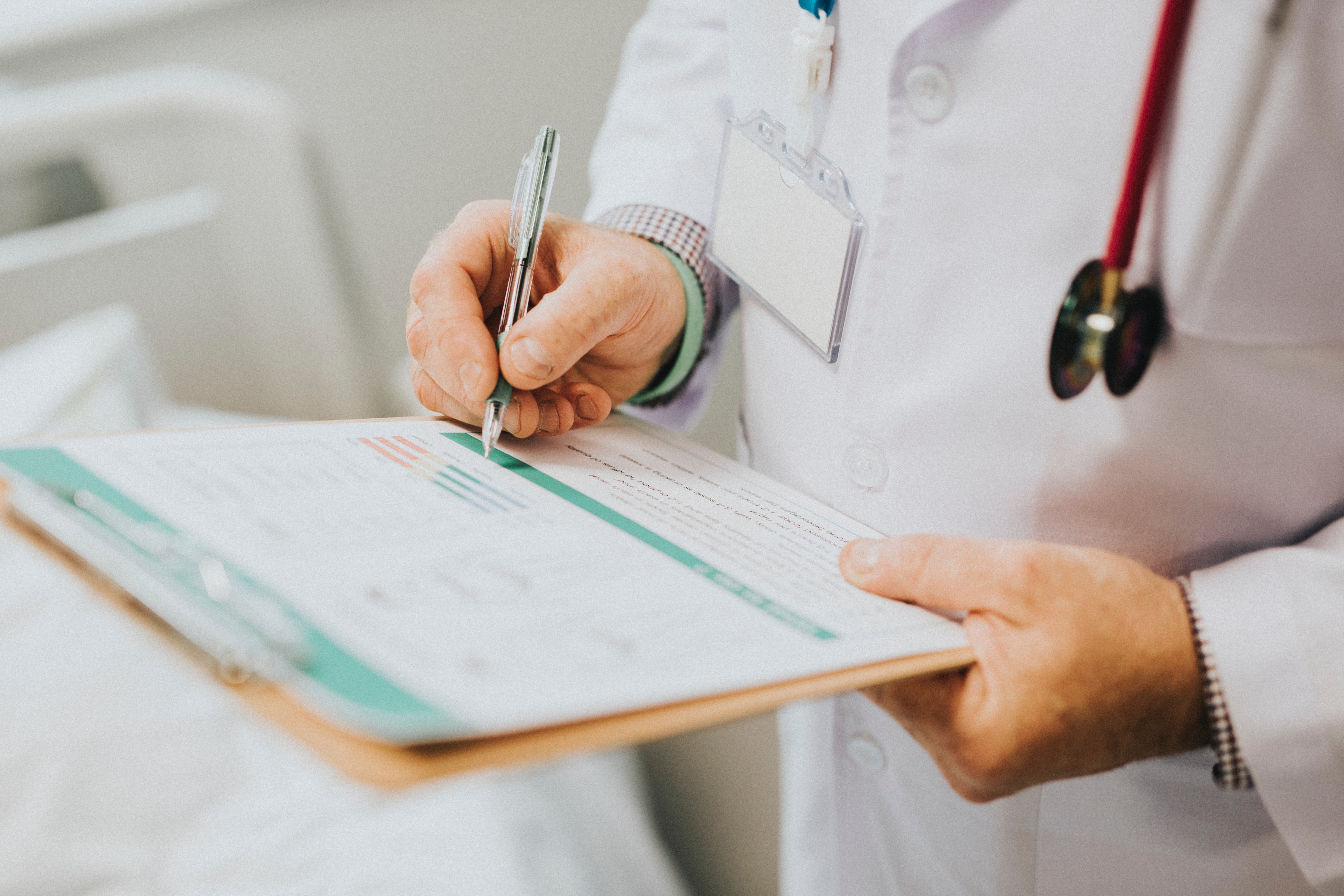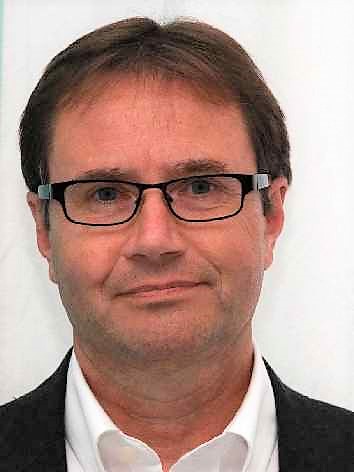- About
- Membership
- Publications
- Events
- Awards
- Jobs
- Partners
- Resources
- Donate
Filtered by tag: Organ Banking Remove Filter
An ambitious project to create a human "Organ Bank", the Biostasis Research Institute (BRI), is underway in conjunction with the Massachusetts General Hospital and the University of Minnesota. Society for Cryobiology member, co-founder and Director of the BRI, Jedediah Lewis, says "This institute is another major step forward in the ability to store life. These technologies can bring to science and medicine what other domains, such as energy and agriculture, have taken for granted for centuries: practical, widespread distribution of humanity's most important lifesaving resources. The benefits for human health will be profound." Society for Cryobiology members Dr. Korkut Uygun and Dr. Shannon Tessier are part of the leadership team for the Center for Biostasis at Massachusetts General Hospital, one of two research facilities to be built, which will develop and apply new technologies for controlling ice formation at sub-freezing temperatures and create living systems able to undergo extreme temperature changes. Society for Cryobiology member Dr. John Bischof is part of the leadership team for the other research center, the Organ and Tissue Preservation Center at the University of Minnesota, which will focus on new reanimation technologies to restore and revive the cryopreserved organs. The BRI's three initial objectives are preserving organs for infants and children in need of a transplant, creating the first functional human brain banks, and extending the storage time of kidney transplants from days to weeks. Read the full article.
 Researchers from Massachusetts General Hospital and Harvard Medical School began supercooling rat livers 5 years ago with the intention of being able to preserve human organs for more than the current 9 hours. Society for Cryobiology members, Reinier de Vries and Korkut Uygun, contributed to the research team's current experiment on human livers that were unsuitable for transplants. The research team's ultimate goal is a true organ bank where organs can be preserved for years instead of hours or days and in essence, eliminate the hundreds of deaths that occur while patients wait for a suitable transplant. Read the full article HERE.
Researchers from Massachusetts General Hospital and Harvard Medical School began supercooling rat livers 5 years ago with the intention of being able to preserve human organs for more than the current 9 hours. Society for Cryobiology members, Reinier de Vries and Korkut Uygun, contributed to the research team's current experiment on human livers that were unsuitable for transplants. The research team's ultimate goal is a true organ bank where organs can be preserved for years instead of hours or days and in essence, eliminate the hundreds of deaths that occur while patients wait for a suitable transplant. Read the full article HERE.
Apr
29
Cord Blood Goes Missing
Category: Events
Feb
27
Where are my child's stem cells?
That's what 200-300 Dutch parents were asking when they discovered Cryo-Save was on the brink of bankruptcy and had transferred their children's umbilical cord cells long-term cryo storage to the PBKM FamiCord Group in Poland. A FamiCord representative confirmed that 2% of approximately 230,000 clients’ samples did not arrive at the laboratories. Cryo-Save now faces a transplant law investigation in response to transporting these samples without the client's consent. READ MORE
Want to prevent this happening to your biobank? Check out ISBER's best practice guide
Read More
Sep
27
 Researchers from Massachusetts General Hospital and Harvard Medical School began supercooling rat livers 5 years ago with the intention of being able to preserve human organs for more than the current 9 hours. Society for Cryobiology members, Reinier de Vries and Korkut Uygun, contributed to the research team's current experiment on human livers that were unsuitable for transplants. The research team's ultimate goal is a true organ bank where organs can be preserved for years instead of hours or days and in essence, eliminate the hundreds of deaths that occur while patients wait for a suitable transplant. Read the full article HERE.
Researchers from Massachusetts General Hospital and Harvard Medical School began supercooling rat livers 5 years ago with the intention of being able to preserve human organs for more than the current 9 hours. Society for Cryobiology members, Reinier de Vries and Korkut Uygun, contributed to the research team's current experiment on human livers that were unsuitable for transplants. The research team's ultimate goal is a true organ bank where organs can be preserved for years instead of hours or days and in essence, eliminate the hundreds of deaths that occur while patients wait for a suitable transplant. Read the full article HERE.
Jan
29
New UCL and Royal Free Ovarian Tissue Bank
 University College London (UCL) and the Royal Free London Hospital have announced a new ovarian tissue bank to preserve the fertility of girls and women about to undergo treatment for cancer.
University College London (UCL) and the Royal Free London Hospital have announced a new ovarian tissue bank to preserve the fertility of girls and women about to undergo treatment for cancer.
The publically funded initiative will be led by UCL academic Dr. Paul Hardiman (UCL Institute of Women's Health) and consultant in obstetrics and gynaecology at the Royal Free Hospital in London, with consultation by Society for Cryobiology Fellow, Prof. Barry Fuller, head of research for the UCL Division of Surgery, and Prof. Mark Lowdell, UCL director of Cellular Therapeutics.
Worldwide there have been approximately 100 live births following ovarian tissue preservation and subsequent reimplantation on the remaining ovary or into the lining of the abdominal cavity.
Dr. Hardiman, tissue bank director, said: “We have modelled our protocols on how it is done at the Rigshospitalet, Copenhagen, one of the largest hospitals in Denmark, where they have been freezing human ovarian tissue since 1999. This is a well-established method in Europe, the US and Japan but the UK has lagged behind and patients often faced having to go abroad and pay to receive this treatment. At a time when patients need to concentrate on life-saving therapies this intervention needs to take place as quickly as possible.”
“What makes the Royal Free London so ideally suited to provide this service is that we have a unique mix of facilities and expertise in tissue freezing and cell therapy including Professor Barry Fuller, head of research for the UCL Division of Surgery and Interventional Science and Professor Mark Lowdell, director of Cellular Therapeutics. We are also a leading kidney and liver transplant centre and the principle UK centre for cell and tissue medicines which has helped facilitate approval from the Human Tissue Authority. We are very grateful for the support from the Royal Free Charity over the past seven years which funded Natalie Getreu*, a PhD student, who played an important role in enabling us to bring this to patients.”
*Society for Cryobiology student member, Natalie Getreu, presented her PhD research for the Ovarian Tissue Bank at CRYO2017 and CRYO2016.
Read More
John Armitage Awarded OBE
Category: Member News
Jan
27
W. John Armitage named Officer of the British Empire (OBE)
 Prof. W. John Armitage has recently been awarded an OBE for services to corneal transplantation in the Queen's New Year Honours list.
Prof. W. John Armitage has recently been awarded an OBE for services to corneal transplantation in the Queen's New Year Honours list.
John is the Head of Research and Development for Ocular Tissue, NHS Blood and Transplant, Emeritus Professor, Bristol Medical School, University of Bristol, and former Director of Bristol Tissue Bank, which comprised the Bristol Eye Bank and Bristol Heart Valve Bank.
John completed his PhD in cardiac cryopreservation and research posts in Cambridge, UK and Oak Ridge National Laboratory, USA, before joining the Department of Opthamology in Bristol, UK, where he set up the Bristol Eye Bank to carry out research into corneal preservation.
The Bristol Eye Bank, one of the largest eye banks in Europe, is home to the UK's Corneal Transplant Service (CTS), which provides corneas to hospitals across the UK. Since 1986 the CTS has provided corneal transplants for over 70,000 patients through the UK's National Health Service (NHS). Although funded by the NHS, management of the eye bank remained at Bristol until 2015, at which time it was transferred to the National Health Service Blood and Transplant (NHSBT), the public body overseeing all blood, organ, and tissue transplants in the UK.
One of the major breakthroughs of the CTS was the introduction of 34°C (93°F) organ culture storage, which extended the life of transplants from a few days, to approximately four weeks. This transformed the face of corneal transplantation in the UK by improving logistics and supply, allowing transplants to be scheduled weeks in advance, as opposed to emergency surgery.
Speaking of his award, John said, "I am delighted to have my work recognised in this way, which also reflects the significant impact of the work of the Bristol Eye Bank and acknowledges the collective effort of NHS Blood and Transplant (NHSBT) and Bristol University staff, ophthalmology colleagues in Bristol Eye Hospital and hospitals throughout the UK, and the support of the Royal College of Ophthalmologists. However, above all, it is the thoughtfulness and generosity of the families of eye donors, without whom corneal transplantation would not be possible, that truly merit the thanks of patients and their doctors."
John is the current President of the European Eye Bank Association, of which he was a founding member, Associate Editor of Cryobiology, and a long time member and former Governor of the Society for Cryobiology.
SfC Attends Organ Banking Summit
Category: Events
Aug
17
Organ Banking Summit Event Report
Guest Post by Jason Acker, President of the Society for Cryobiology.
Read More
Organ Preservation Postdoc
Category: Jobs
Aug
16
Organ Preservation Postdoc
Job Title: Postdoctoral Fellow
Location: Center for Engineering in Medicine
Massachusetts General Hospital & Harvard Medical School
Closing date: December 2017
Read More
Jun
09
'Apollo Program' of Organ Banking Announced
Did you know that for every ONE patient that receives a heart transplant in the USA, TEN hearts from organ donors are wasted because they cannot be transplanted in time?

